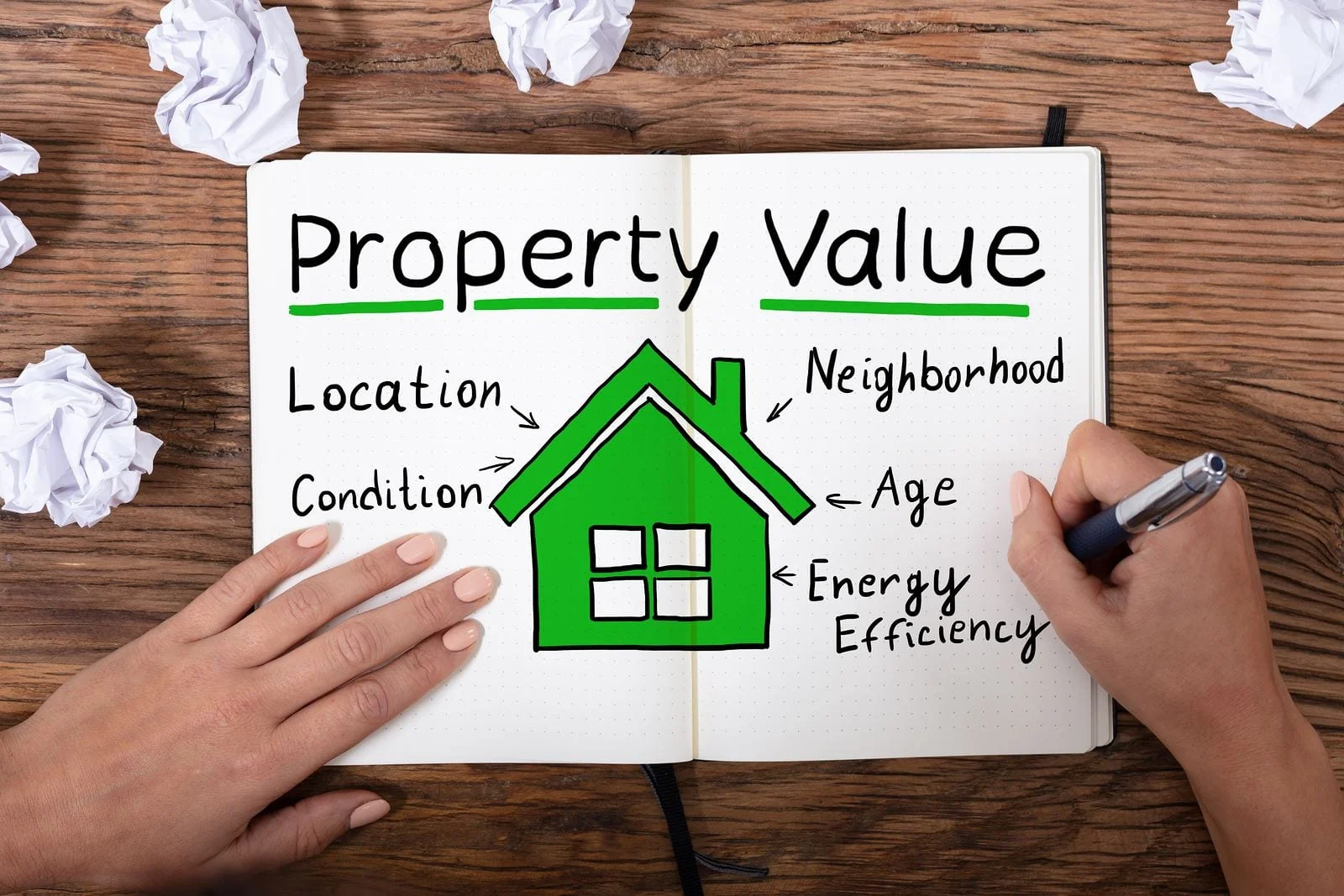Knowing the value of your property is essential for homeowners, investors, and prospective buyers alike. Property valuation is not just a one-time requirement but a dynamic necessity that plays a critical role in various financial and personal decisions.
This article delves into the reasons why it is important to know and estimate the value of your property. Also, how it impacts your financial planning, investment strategies, and overall real estate transactions.
1. Accurate Pricing for Selling
Setting the Right Price
Determining the optimal price for your property is essential when selling it. An overpriced property may deter potential buyers, prolonging the time it remains on the market. Conversely, underpricing can lead to financial loss. By knowing the accurate value of your property, you can set a competitive and realistic price that attracts buyers and ensures a fair return on your investment.
Market Comparisons
Understanding your property’s value allows you to compare it with similar properties in the market. This comparative analysis helps in positioning your property effectively within the current market landscape, making it more appealing to potential buyers.
2. Refinancing and Equity Loans
Accessing Equity
If you’re considering refinancing your mortgage or taking out a home equity loan, knowing the value of your property is essential. Lenders base their decisions on the current market value of your home. Accurate valuation ensures you can access the equity you’ve built up in your property, providing funds for renovations, debt consolidation, or other financial needs.
Better Loan Terms
With a precise understanding of your property’s value, you may be able to negotiate better terms for refinancing. Higher property values can lead to lower interest rates and more favorable loan conditions, ultimately saving you money.
3. Investment Decisions
Portfolio Management
For real estate investors, knowing the value of their properties is crucial for effective portfolio management. It allows investors to assess the performance of their investments, identify underperforming assets, and make informed decisions about buying, selling, or holding properties.
Opportunity Identification
Accurate property valuation helps investors identify opportunities for value addition. Understanding the current value and potential appreciation of a property enables investors to make strategic decisions about property improvements, development, or redevelopment projects.
4. Financial Planning and Taxation
Wealth Assessment
Knowing the value of your property is a key component of assessing your overall wealth. It provides a clear picture of your net worth and helps in financial planning, retirement planning, and estate planning. Accurate property valuation ensures you can make informed decisions about asset allocation and risk management.
Property Taxes
Your property’s assessed value determines how much property taxes you pay. By understanding the market value, you can ensure that your property taxes are accurate and fair. If you believe the assessed value is too high, having an accurate valuation can provide the evidence needed to appeal and potentially lower your property tax bill.
5. Insurance Purposes
Adequate Coverage
Knowing your property’s value is essential for obtaining adequate insurance coverage. Insurance policies should reflect the true replacement cost of your property to ensure you’re fully protected in the event of damage or loss. Underinsuring your property can lead to significant financial difficulties, while overinsuring can result in unnecessarily high premiums.
Policy Updates
Property values change over time due to market conditions and property improvements. Regularly updating your insurance policy to reflect the current value of your property ensures continuous adequate coverage.
6. Legal and Financial Transactions
Divorce Settlements
In the event of a divorce, the value of shared property must be accurately assessed to ensure a fair division of assets. An impartial property valuation provides a basis for equitable settlements and helps avoid disputes.
Estate Planning and Inheritance
For estate planning and inheritance purposes, knowing the value of your property is essential. It ensures that your estate is divided according to your wishes and provides clear information for beneficiaries. Accurate valuation can also help minimize potential tax liabilities associated with the transfer of property.
7. Understanding Market Trends
Staying Informed
Keeping track of your property’s value helps you stay informed about market trends and economic conditions. Understanding how market fluctuations impact your property value can guide your decisions regarding when to buy, sell, or make improvements.
Strategic Planning
Being aware of market trends allows you to plan strategically for the future. For instance, if property values in your area are expected to rise, you might decide to hold onto your property for a longer period to maximize returns. Conversely, if a market downturn is anticipated, you might consider selling sooner.
8. Improving Negotiation Power
Buyer and Seller Advantage
Whether you are buying or selling, knowing the value of the property gives you a significant advantage in negotiations. As a seller, you can justify your asking price with accurate valuation data. As a buyer, understanding the property’s value helps you make reasonable offers and negotiate better deals.
Informed Decision-Making
Accurate property valuation equips you with the information needed to make confident and informed decisions during negotiations. This reduces the likelihood of overpaying or underselling, ensuring fair transactions for all parties involved.
The Crucial Role of Property Valuation in Informed Real Estate Management
Understanding the value of your property is fundamental to making informed decisions in the real estate market. It impacts everything from setting the right selling price to refinancing, investment strategies, financial planning, insurance coverage, and legal transactions.
Regularly assessing your property’s value helps you stay informed about market trends, negotiate effectively, and ensure that your financial decisions are based on accurate and up-to-date information. Whether you are a homeowner, investor, or prospective buyer, knowing the value of your property is a critical aspect of successful real estate management and financial planning.




